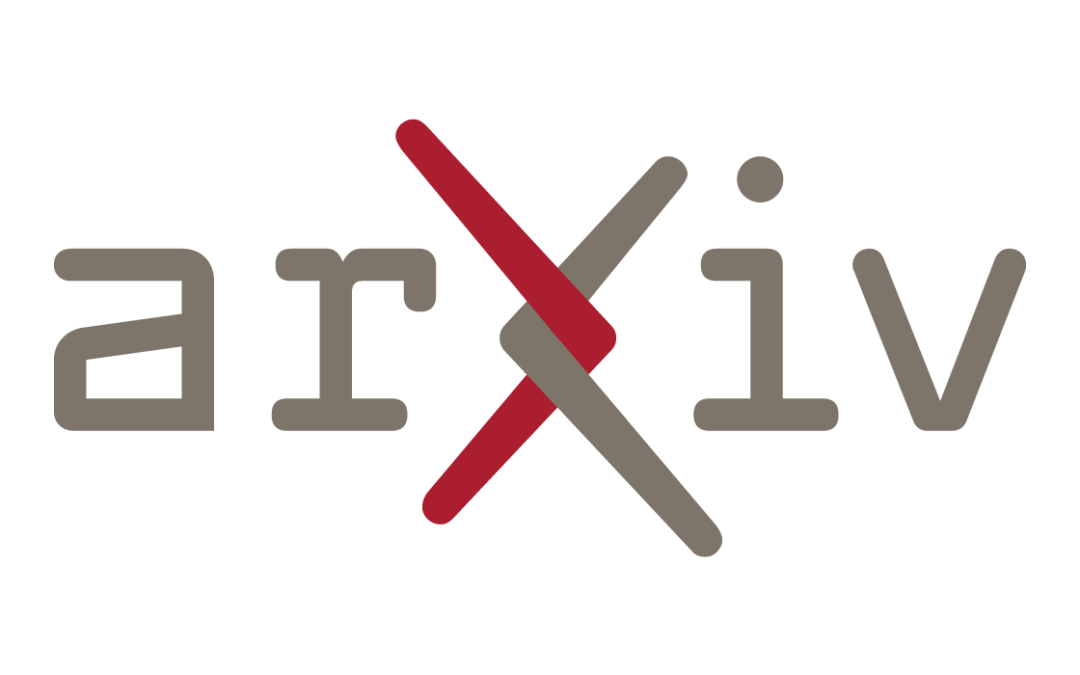The content can be rewritten as follows:
Many affordable 3D scanners have a drawback of producing point clouds that are sparse and non-uniform. This can negatively affect the performance of robotic systems in downstream applications. Although existing point cloud upsampling architectures have shown promising results on standard benchmarks, they often struggle when the test data has a different distribution from the training data. To overcome this issue, this paper proposes a test-time adaption approach to improve the generalization of point cloud upsampling models. The proposed approach utilizes meta-learning to explicitly learn network parameters for adaption during testing. Importantly, this method does not require any prior information about the test data. During meta-training, the model parameters are learned from a set of tasks, each consisting of a pair of sparse and dense point clouds from the training data. During meta-testing, the trained model is fine-tuned using a few gradient updates to obtain a unique set of network parameters for each test instance. This updated model is then used for the final prediction. Our framework is versatile and can be easily integrated with existing backbone networks in point cloud upsampling. Extensive experiments demonstrate that our approach significantly improves the performance of state-of-the-art models.

